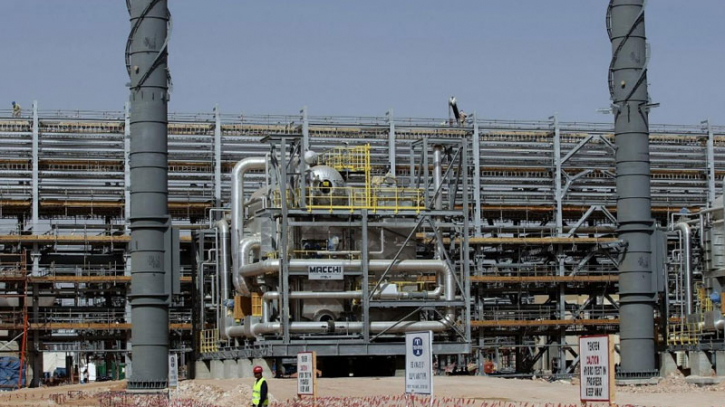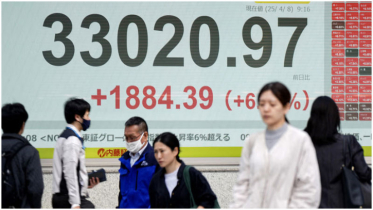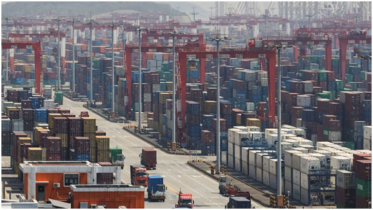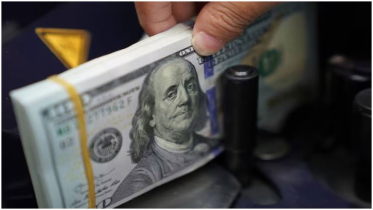Russia and Saudi Arabia curb oil supply again to try to boost prices

Russia and Saudi Arabia announced Monday that they would make additional cuts to oil supply as a global economic slowdown hangs over the outlook for energy demand.
Saudi Arabia — the world’s largest crude oil exporter— said it would extend a cut of 1 million barrels a day (bpd) in its oil production at least until the end of August. The cut, which took effect on Saturday, was initially planned to last for the month of July in an attempt to shore up oil prices.
Russia’s Deputy Prime Minister Alexander Novak said that his country would voluntarily cut supplies by 500,000 bpd in August by cutting exports.
Citing Novak’s office Reuters reported that Russia would reduce production by that amount, deepening a cut of the same size Moscow implemented in March.
Following the announcements, Brent crude jumped 0.7% to trade at $76 a barrel at 7.15 a.m. ET. WTI, the US benchmark, rose 0.8% to $71. Oil prices have fallen by more than 40% since March, 2022 when they hit a 14-year high in the wake of Russia’s full-scale invasion of Ukraine.
Saudi Arabia needs Brent crude to trade at around $81 a barrel in order to balance its budget, according to the International Monetary Fund. The kingdom has slipped back into a budget deficit this year after reporting a surplus in 2022 for the first time in almost a decade.
The Gulf state first announced its 1-million barrel cut after a meeting in June between members of the Organization of the Petroleum Exporting Countries (OPEC), Russia and other smaller producers, an alliance known as OPEC+.
“This additional voluntary cut comes to reinforce the precautionary efforts made by OPEC+ countries with the aim of supporting the stability and balance of oil markets,” the Saudi Press Agency quoted an official source in the Ministry of Energy as saying Monday.
At the June meeting, Riyadh also said it would extend a production cut of 500,000 barrels per day — first announced in April — to the end of next year. Taken together, the cuts will reduce Saudi Arabia’s total oil output to nine million barrels per day.
Other OPEC+ members have pledged to slash output through the end of 2024 amid a disappointing outlook for global demand, and as a strong post-pandemic rebound in the Chinese economy looks increasingly unlikely.
Chinese factory survey data, released Monday, showed only modest growth in activity in the world’s second largest economy last month, with some firms cutting staff as sales came in weaker than expected.
“Optimism around the 12-month outlook for production waned to an eight-month low in June, as some firms expressed concerns over relatively sluggish market conditions,” analysts at S&P Global wrote in Monday’s report.
.png)




